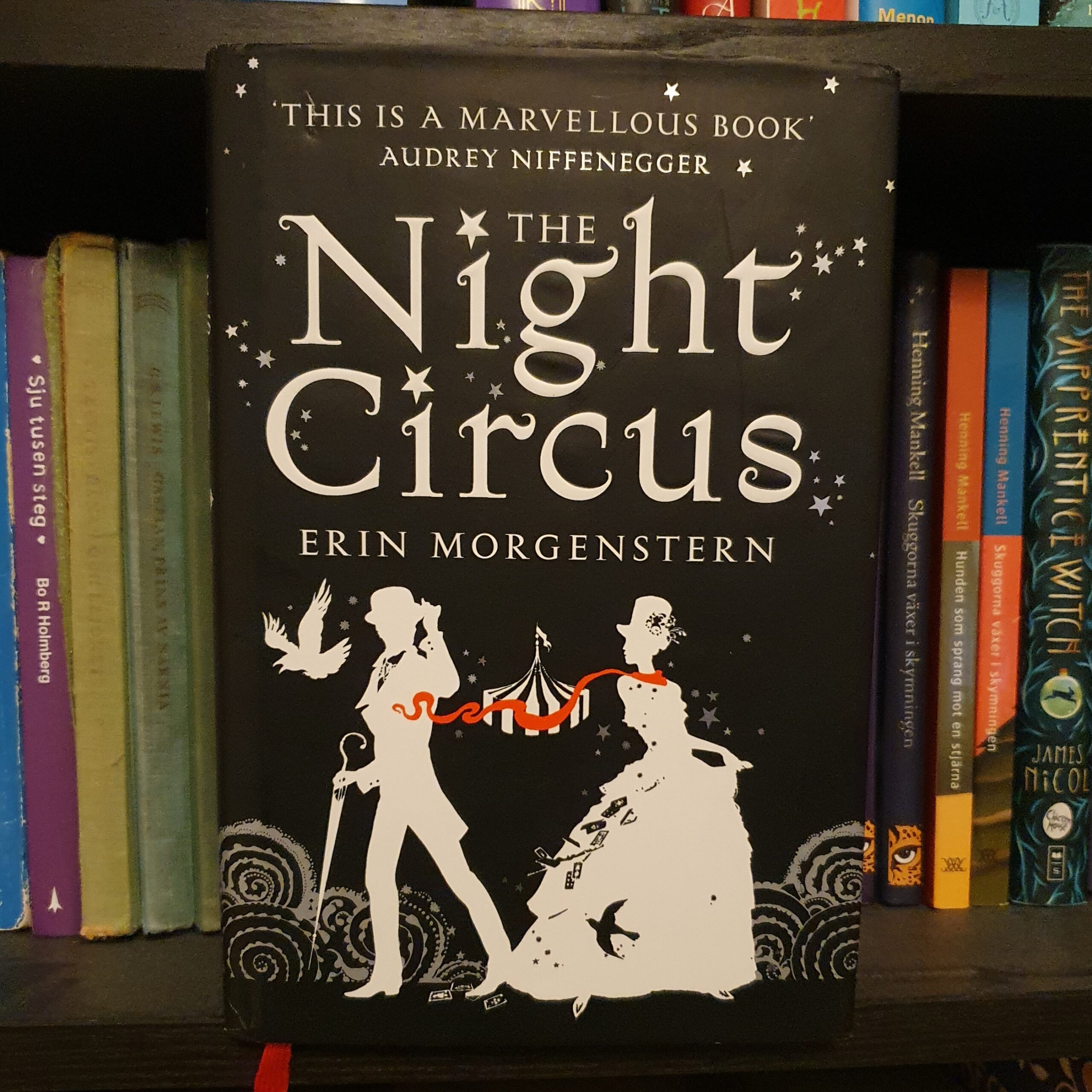The allure of a nighttime spectacle, one that enchants and beguiles, is a recurring motif in literature, transcending cultures and epochs. Among the myriad of works that evoke this theme, *The Night Circus* by Erin Morgenstern emerges as an exquisite tapestry woven with whimsy, magic, and intrigue. This novel, set against the backdrop of a fantastical circus that appears without warning and opens only under the cover of night, invites readers into a world where reality entwines with illusion. It captivates not just through its narrative but through the deeper, underlying themes that resonate with a universal yearning for wonder.
At its core, *The Night Circus* addresses a common observation: the innate human fascination with the ephemeral, the transient moments that spark joy and wonder. The circus, named Le Cirque des Rêves, is a representation of this very transience. Open only when the moon ascends and cloaked in mystery, it is a surreal domain where the impossible becomes possible. This temporal aspect is not merely a narrative device; it hints at a deeper existential reflection on life itself. Just as the circus exists in fleeting moments, so too do our experiences, prompting readers to ponder the nature of reality and the significance of ephemeral beauty.
One of the central themes of the novel revolves around the rivalry between two young magicians, Celia Bowen and Marco Alisdair. Bound by a challenge set forth by their mentors, their fates are intertwined with the very fabric of the circus, creating a tension that is palpable throughout the narrative. This competition, however, transcends mere rivalry; it evolves into a poignant exploration of love, sacrifice, and the complexities of choice. The juxtaposition of creation and destruction forces readers to contemplate the blurred line between beauty and consequence, illuminating the duality of existence.
The meticulous detail with which Morgenstern crafts her world is nothing short of mesmerizing. The intricate descriptions of the circus evoke a sensory experience that immerses readers, allowing them to transcend the realm of mere observation. The sights, sounds, and scents of the circus are depicted with lush imagery, such as the intricate black-and-white striped tents, the aroma of caramel and popcorn, and the ethereal performances that leave onlookers breathless. This vivid sensory engagement not only creates a rich atmosphere but also serves as a metaphor for the way in which art can evoke emotions and memories, resonating with the audience on a profound level.
Moreover, the characters in *The Night Circus* are vividly drawn, each representing different facets of ambition, passion, and the inherent complexities of human relationships. Celia, with her innate ability to manipulate physical objects through her will, embodies the essence of creation. In contrast, Marco, who relies on written word and the totality of his dreams, signifies the power of imagination. Their struggles illuminate the broader theme of the struggle for identity and self-expression within the constraints imposed by external forces, a narrative that resonates deeply with readers today.
The enchanting yet perilous landscape of the circus further serves as a backdrop for exploring themes of fate versus free will. As Celia and Marco navigate their intertwined destinies, the question arises: to what extent are we agents of our own lives? The mysterious figure of the enigmatic benefactor, whose influence permeates the circus, represents the unseen forces that shape our paths. This exploration of predestination versus autonomy reflects a timeless philosophical debate, inviting readers to engage with their own beliefs about choice and agency.
On a more profound level, *The Night Circus* captivates because it taps into the primal human desire for belonging and connection. The characters find solace and companionship in a world that often feels chaotic and disconnected. The relationships forged within the confines of the circus highlight the importance of community and the oftentimes overlooked beauty of shared experiences. This aspect is particularly resonant in contemporary society, where alienation tends to be commonplace, prompting readers to reflect on their own connections and the ways in which they seek to belong.
Moreover, the narrative’s linear and non-linear structures create a sense of wonder and complexity, mirroring the circus itself. As readers traverse through various timelines and perspectives, they experience a kaleidoscope of emotions, akin to the sensation of exploring the maze of tents. This narrative technique not only enhances the mystery of the plot but also reinforces the enchanting nature of storytelling as a form of escapism, where readers can lose themselves in the dance of the pages, much like patrons of the circus lose themselves in its enchantment.
*The Night Circus* ultimately serves as a celebration of the extraordinary within the ordinary. It reminds us of the magic that exists in our lives, should we possess the courage and audacity to seek it out. The juxtaposition of light and dark, joy and sorrow, reality and fantasy are masterfully woven into the narrative, urging readers to embrace the full spectrum of human experience. As we turn the final pages, we are left with a lingering sense of wonder, a reminder that life, like the circus, is filled with enchantment waiting to be discovered.
In conclusion, Erin Morgenstern’s *The Night Circus* is more than a mere tale of magic and rivalry; it is an intricate exploration of human desire and connection, captivating readers through its rich imagery, profound themes, and enchanting narrative structure. It compels us to ponder not only the beauty of fleeting moments but also the depths of love, ambition, and the choices we make in crafting the tapestry of our lives. This novel resonates deeply, urging us to find our own elusive circus in the world around us.
